In X-Men: Days of Future Past, stuff happens. There are lots of famous actors on screen, making stuff happen. Every one of them is playing a plot device, not a character. Bryan Singer’s latest superhero project is boring, incoherent and, most of all, a waste of human talent.
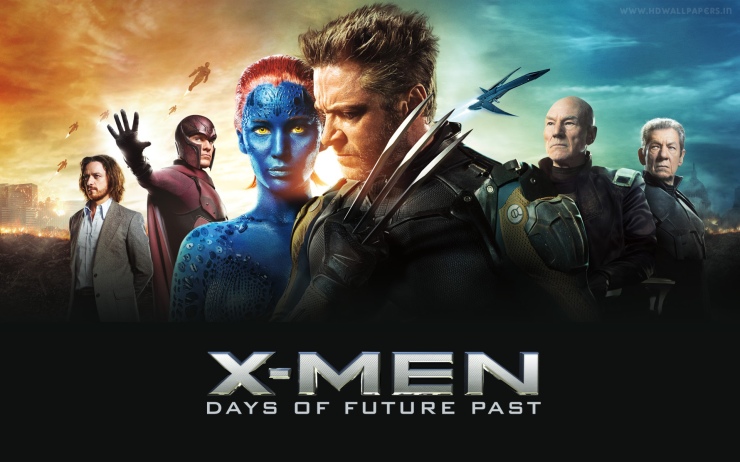
Bryan Singer doesn’t really get people. His films are almost always full of stuff just happening, with people bouncing around inside his artifice. His kind of directorship is not unusual in the comic book genre. Christopher Nolan and Zack Snyder too are oblivious to what makes people tick. None of them are sensitive to how extraordinary events might affect ordinary people, and none of them can create a female character who isn’t a sex object or a treacherous villain or both.
Bung it all full of people to make sure those plot points happen on time
These are directors who, more often than not, treat people as plot devices instead of characters. They start with a story, write the plot points, and then bung it all full of people to make sure those plot points happen on time. Sometimes, if the audience is lucky, some thought is given to justify why those people are there to deliver those plot points in a timely fashion.
This kind of directorship can occasionally work, particularly in small-scale puzzle-like films. For example, Nolan’s Memento and Singer’s own The Usual Suspects field a cast of plot devices in the service of a cinematic puzzle. The people in those films do nothing except unravel the plot, but the format of the plot (backwards-moving amnesiac recollection, and unreliable narrator, respectively) are inventive enough to make it work. But in epic superhero confrontations, told in a linear po-faced fashion, this focus on plot devices leaves the whole edifice falling flat.
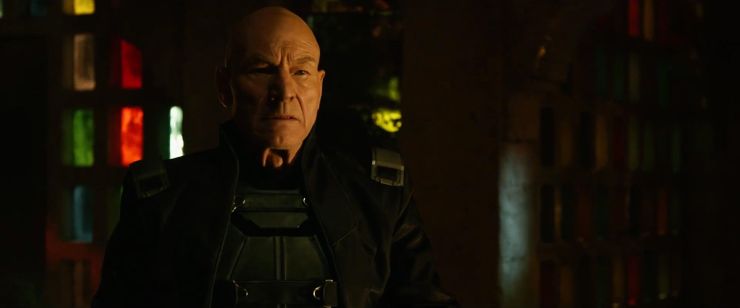
Returning to Nolan for a moment, consider The Dark Knight Rises. I’ve already written about how resorting to a nuclear bomb derails the plot, but this poor plotting is a symptom of a lack of character. The Bane we are introduced to seems to have a compelling plan to dismantle Gotham City morally, but descends into a kind of plot-driven madness to bring in a nuclear weapon. Inconsistent character drives incoherent plot.
He has to justify the existence of past and future timelines from two sets of films
In X-Men: Days of Future Past, Singer wrangles twenty-or-so mutants into the service of a plot inherited from X-Men comic book lore and to provide enough quick-fire references to satisfy all of geekdom. Days of Future Past sees a few remaining mutants doomed in the near-future to be eliminated by unstoppable robotic weapons called Sentinels; Wolverine’s consciousness is sent back in time into his 1970s self to stop history from going down this lamentable trajectory.
Singer unfortunately steps into a tough situation. He has to justify the existence of past and future timelines from two sets of films made over a period of ten years; a reason to join the two together; a means to change the future and reset the film timeline for future productions; and a way of leaving enough ambiguity that audiences can’t assume that everything is settled and sequels are unnecessary. With these pressures, it’s no wonder that Singer has resorted to casting his incredible A-list actors as plot devices rather than real characters.
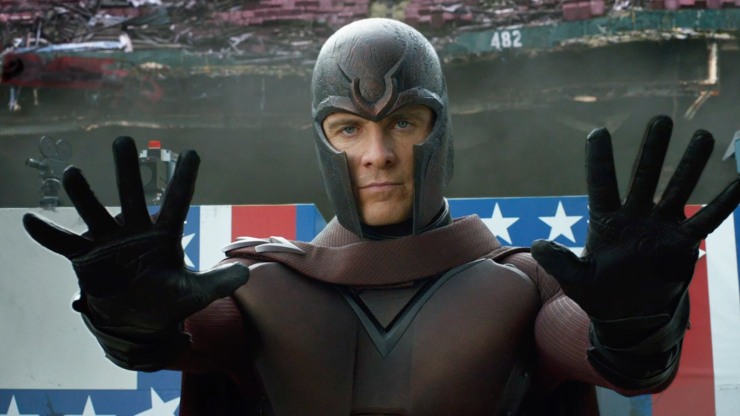
The future cast alternately rush and sulk around looking grim delivering exposition while waiting for death. The historical cast leaps unbelievably from one set of rationale to another, hopping between half-a-dozen potential story lines, settling on any one only long enough to provide a spectacular-looking set piece to justify the film’s special effects budget. We are bounced between political conspiracy, the Vietnam War, lone assassins, the military-industrial complex, corruption in the Nixon administration, prison breaks, drug abuse, psychological trauma, mutant-hunting machines, selling secrets to the Soviets, destroying downtown Washington D.C., attacking the White House, and a plan to convince the world that mutants aren’t the enemy.
Here’s a basic tenet of storytelling: people must act in a way that’s consistent with the history and motivations of their character
Singer clearly feels the need to hit a lot of plot points to justify a film that satisfies all the pressures on it. And he puts his cast to work on making sure those plot points get hit. The problem is that with so much plotting there’s no time left for character. And with no time for character, the plotting loses control of itself and becomes incoherent.
OK, film fans, here’s a basic tenet of storytelling: people must act in a way that’s consistent with the history and motivations of their character. That’s how an audience makes sense of what they see, joining the dots and turning a series of scenes into a complete story. This is all the more important in a film featuring multiple casts of characters and time-hopping between the two. X-Men: Days of Future Past fails this basic test.
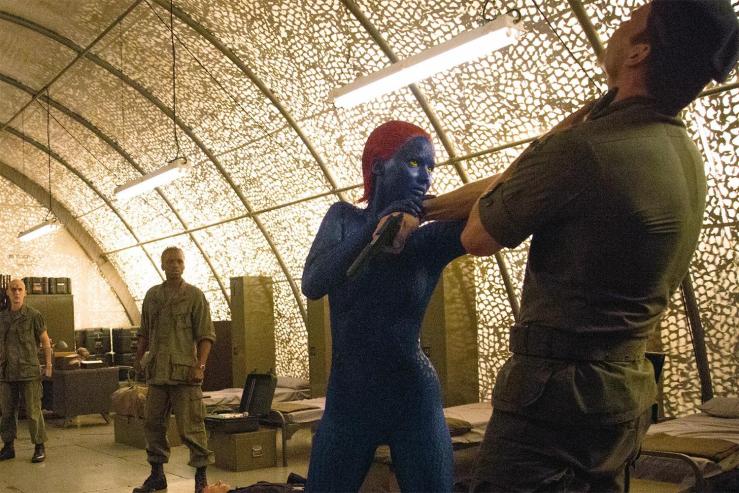
The original X-Men trilogy established that Professor Xavier (Patrick Stewart) and Magneto (Ian McKellen) weren’t on best of terms, and in fact Xavier died in X-Men: The Last Stand. But in our future scenes here Xavier is alive and well, and apparently good friends with Magneto. We are led to believe that the crisis brought on by the Sentinels has brought the two adversaries together, but without time given to character there’s no reason for the audience to believe this.
She’s here to provide the excuse for the whole film to exist, but makes no sense as a person
Meanwhile, 2011’s X-Men: First Class showed us younger, hipper versions of Charles Xavier (James McAvoy) and Erik Lehnsherr (Michael Fassbender) before they became leaders of the X-Men and the Mutant Brotherhood respectively. First Class took pains to establish the tense relationship between the two powerful mutants, and Erik’s conflicted take on mutant liberation. Days of Future Past jettisons the complexity of the former film for the sake of making Erik put on his famous Magneto costume and rip a football stadium out of the ground…for some reason. Erik lurches from taking extreme measure to prevent the world from thinking mutants are the enemy to taking extreme measure to make sure the world thinks mutants are the enemy, with no reason for him to slip between the two.
Jennifer Lawrence (an Oscar-winning actress, no less) turns up as shape-changing mutant Mystique, now a rogue assassin and mutant freedom fighter, and the hinge upon whom history will turn good or bad. She’s here to provide the excuse for the whole film to exist, but makes no sense as a person.
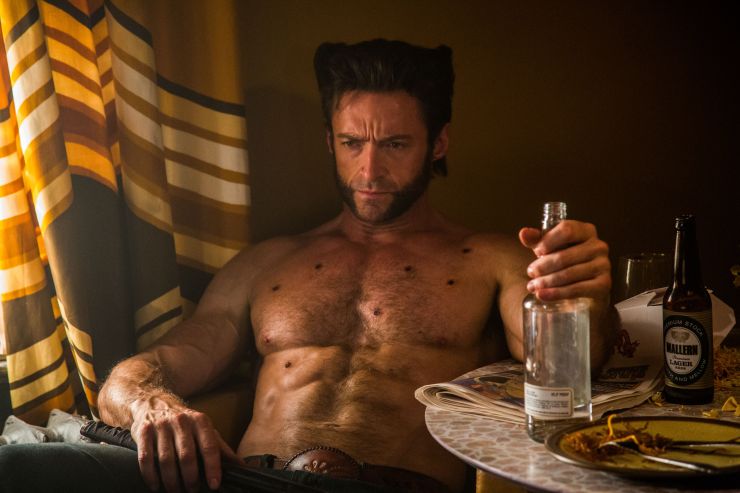
Not even fan-favourite Wolverine (Hugh Jackman) is unscathed: though he passes extraordinarily from the future to the past, he serves only as the catalyst for our historical cast to spring into action. He is an empty cypher compared with his interesting character performance in 2013’s The Wolverine.
But the worst is reserved for series newcomer Quicksilver (Evan Peters) who is roped in to help break Magneto out of prison, does so brilliantly and with audience-pleasing pizzazz, and is then promptly ejected from the script. He is the ultimate in character-as-plot-device.
It’s one possible explanation, but it’s no excuse
Singer had a difficult juggling act at the helm of X-Men: Days of Future Past. There was presumably a studio mandate from Marvel to resolve the differences between the original X-Men trilogy and the new story started with First Class, reset the universe’s timeline and provide a base for future sequels, and Singer had to deliver – hence the ridiculous plotting, hence the lack of character, hence the incoherence. It’s one possible explanation, but it’s no excuse.
Unfortunately Singer and the comic book genre in general have a history of putting people in the service of plotting. But as Marvel films diversify, and as we can apparently enjoy reboots with startling frequency, audiences can hope that at some point more comic book films find a reason to focus on character first and let the plot flow from there.

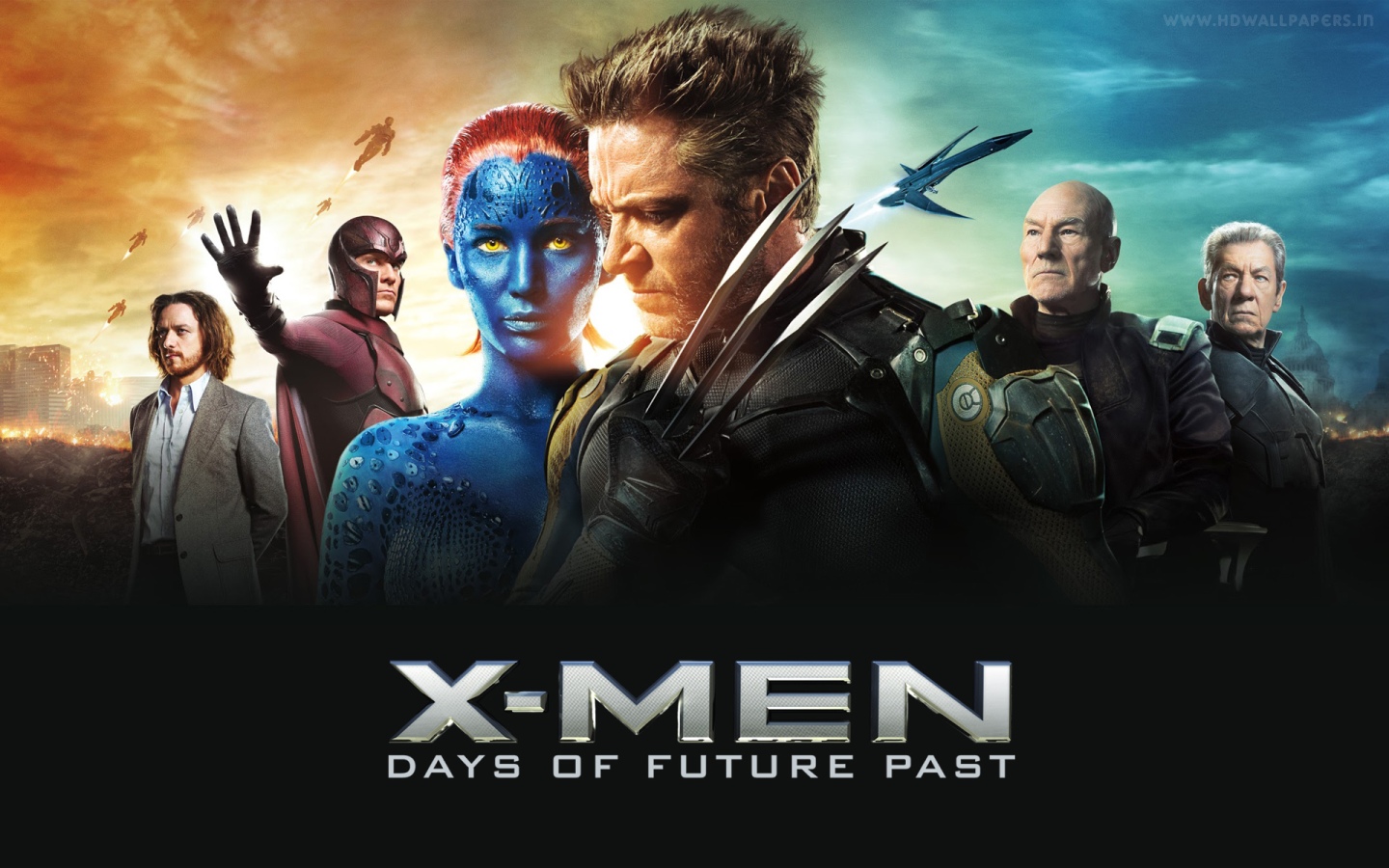
We loved X-Men! Check out our post on why Rouge’s fight scene was cut from the movie. http://popcornwhiskey.com/2014/05/26/why-anna-paquinrougues-fight-scence-got-cut-from-x-men-days-of-future-past/
LikeLike
That’s fair enough. Can you tell me what you liked about it?
LikeLike
I wrote a whole review on it here. http://popcornwhiskey.com/2014/05/24/x-men-days-of-future-past-oh-hell-yeah/#more-250
But the biggest thing is the story telling, the film is so smooth and has a great pace. I also love the use of humor, and the action of the film. And we loved Quicksilver.
LikeLike